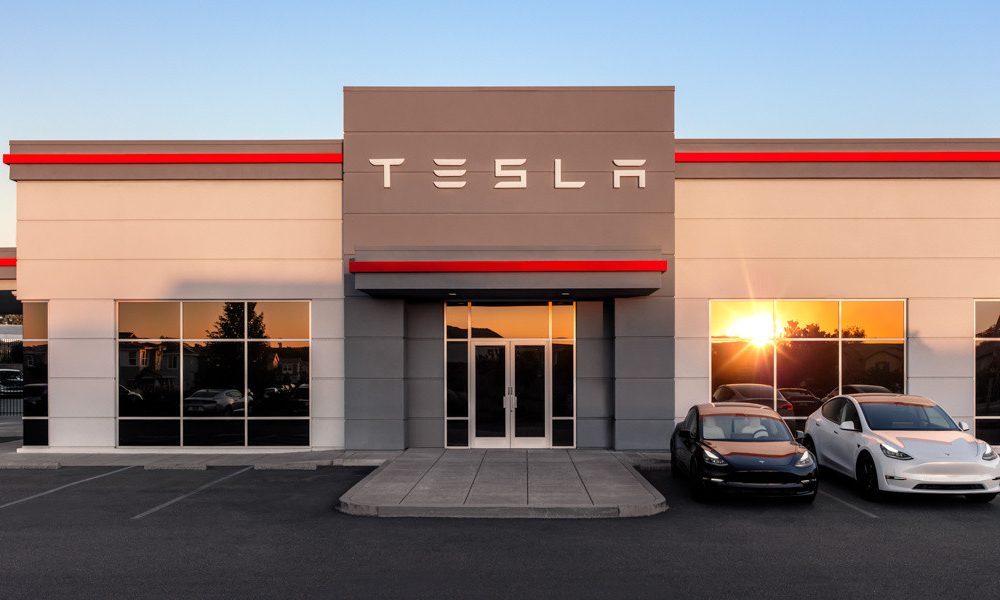Tesla has announced that it will be appealing a recent jury verdict that found the company partially liable for a fatal crash that occurred in Key Largo, Florida, in 2019. The crash resulted in the death of a 22-year-old and injuries to another individual when a Tesla vehicle driven by George McGee went off the road and struck a couple.
The jury determined that Tesla’s driver assistance technology played a role in the crash, as it enabled McGee to take his eyes off the road despite warnings from the company that its systems are not a substitute for a human driver. Tesla explicitly states on its website and Owner’s Manual that both Autopilot and Full Self-Driving features are not fully autonomous and that drivers must remain attentive and be prepared to take control of the vehicle in case of an emergency.
Despite these warnings and the fact that McGee admitted to being distracted by his phone, Tesla was ordered to pay significant damages, totaling $324 million. This includes $200 million in punitive damages, $35 million to the deceased’s mother, $24 million to their father, and $70 million to their boyfriend who was injured in the crash.
In response to the verdict, Tesla’s attorney Joel Smith argued in court that McGee’s distraction by his phone was the primary cause of the accident, and not a failure of Tesla’s technology. However, the jury held Tesla accountable for operating its technology on a road that was not designed for it, leading to the tragic outcome.
CEO Elon Musk has confirmed that Tesla will be appealing the jury’s decision, indicating that the company believes it should not be held responsible for the crash. The appeal process is expected to focus on the issue of driver distraction and whether Tesla’s warnings were sufficient to absolve the company of liability.
Overall, this case highlights the importance of driver attentiveness and the limitations of current driver assistance technologies. While Tesla provides clear warnings to its users, ultimately, the responsibility for safe operation lies with the driver. The outcome of the appeal will likely provide further insight into the complexities of liability in cases involving advanced driver assistance systems.

